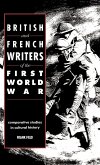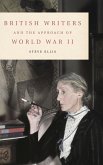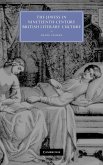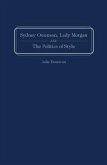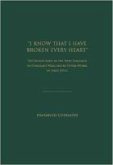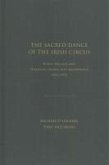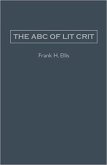What were the links between propaganda, especially popular music and literature, and the British public=s view of the front line soldier during the Great War? And when did that view dramatically alter to reflect the harsh realitiesBthe tragedy and the epocal waste of life, the social dislocation, the sheer futility of the struggleBand who was responsible for the shift and its literary aftermath? These are some of the questions addressed by Professor McLure's monograph. Specialists will be interested in a long considered study of Wilfred Owen's poetry and Britten's WAR REQUIEM as gesamtmusik reflecting a final distillation of postwar attitudes frozen into conventional wisdom. But the voices examined by this monograph hardly had a unified view of the events: from mannered Edwardian responses to postwar howls of rage, the artists discussed include Frederic Manning, Richard Aldington, Edmund Blunden, Robert Graves, Virginia Woolf, D.H.Lawrence, James Joyce, Dorothy Sayers, Evelyn Waugh and L.P.Hartley.
Hinweis: Dieser Artikel kann nur an eine deutsche Lieferadresse ausgeliefert werden.
Hinweis: Dieser Artikel kann nur an eine deutsche Lieferadresse ausgeliefert werden.


